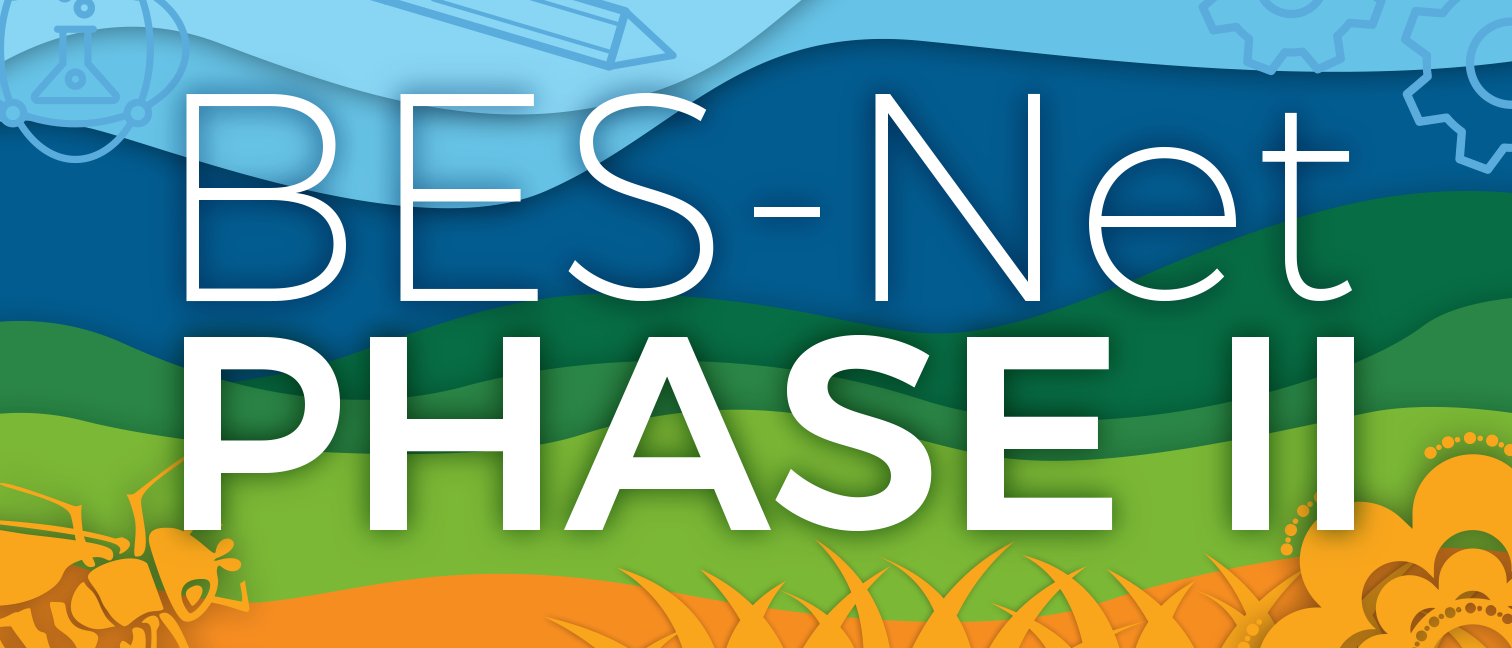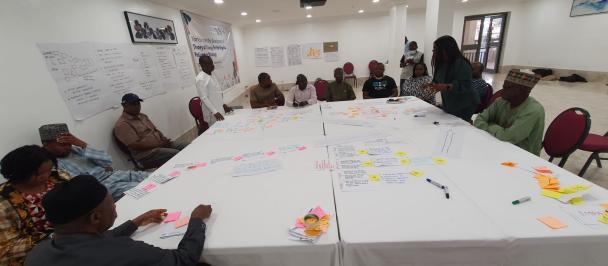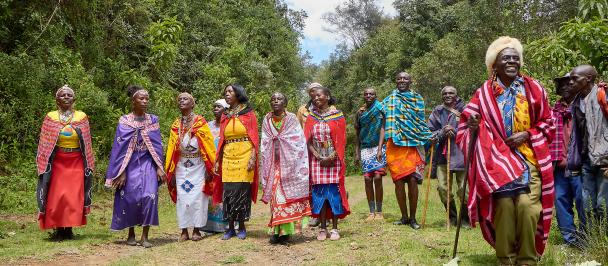Image: UNDP
The International Climate Initiative (IKI) of the German Federal Ministry for the Environment, Nature Conservation, and Nuclear Safety (BMU) awarded EUR 20 million to support Phase II of the Biodiversity and Ecosystem Services Network (BES-Net) initiative for the period 2020-2028. The award will allow the BES-Net consortium partners, the United Nations Development Programme (UNDP), the UN Environment Programme World Conservation Monitoring Centre (UNEP-WCMC) and the UN Educational, Scientific and Cultural Organization (UNESCO) to build on the achievement of, and continue the proven practices of, Phase I.
As a capacity sharing ‘network of networks’, BES-Net has been dedicated to the promotion of dialogue and cooperation between science, policy and practice for effective biodiversity and ecosystem services (BES) management since 2016, with the objective of contributing to long-term human well-being and sustainable development. Leveraging from the experiences of Phase I, BES-Net Phase II will aim at formalizing the scientists-policymakers-practitioners partnership and strengthening synergy and complementarity in their BES-related decisions, actions and subsequent impacts in the target countries.
BES-Net Phase II will be implemented in alignment with the IPBES Work Programme and contribute particularly to the platform’s Capacity-Building Rolling Plan. The initiative will support evidence-based policymaking, strategic planning and the implementation of transformative solutions for BES protection in 18 countries. It will also upscale methodologies and approaches tested under BES-Net Phase I, by extending the National Ecosystem Assessment support in four new countries and facilitating triangular dialogues in 40 countries around the new BES thematic assessments to be produced by the Intergovernmental Science-Policy Platform on Biodiversity and Ecosystem Services (IPBES).
“It is very timely to transform BES-Net from Phase I to more action-oriented Phase II in 2020, as we are going into a ‘biodiversity super year’”, said Anne Juepner, Director of the UNDP Global Policy Centre on Resilient Ecosystems and Desertification and Manager of the BES-Net initiative. “Nature is increasingly seen as one of the most effective ways to tackle a myriad of socio-environmental challenges and achieving sustainable development goals. In close partnership with UNEP-WCMC and UNESCO, we will support the countries to ensure that their effort towards nature-based solutions and commitment in implementing the post-2020 global biodiversity framework is underpinned by the best scientific evidence and the wealth of indigenous and local knowledge.”

 Locations
Locations


